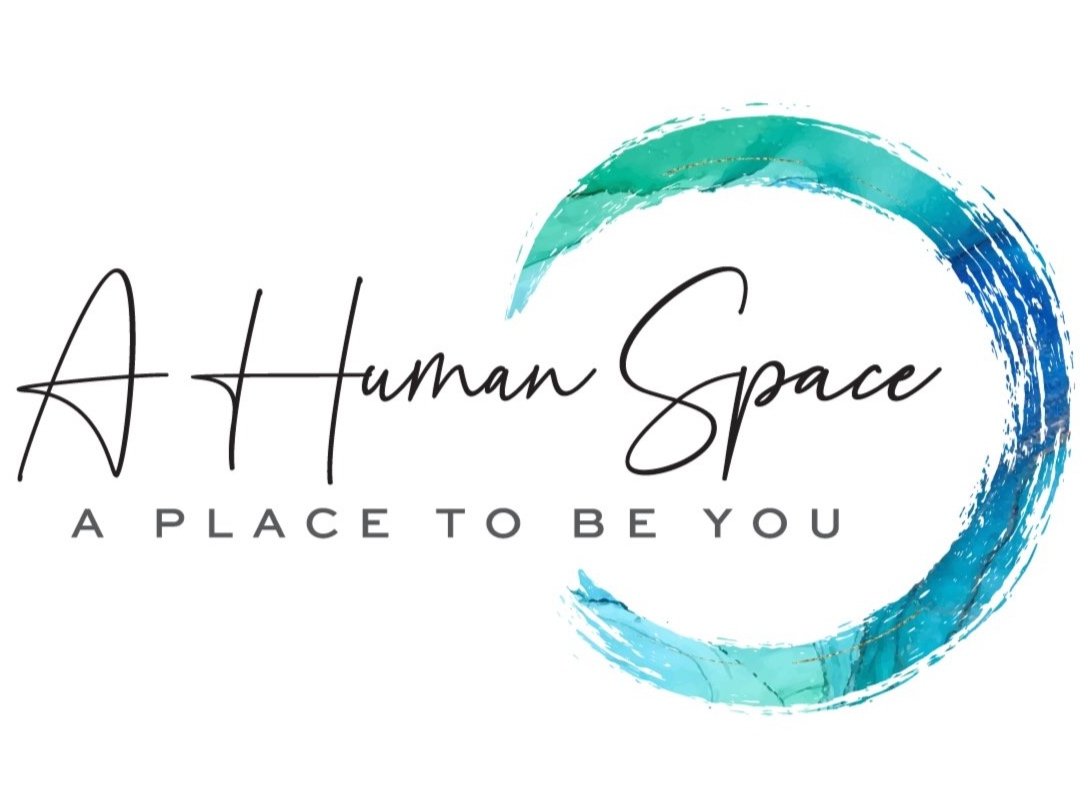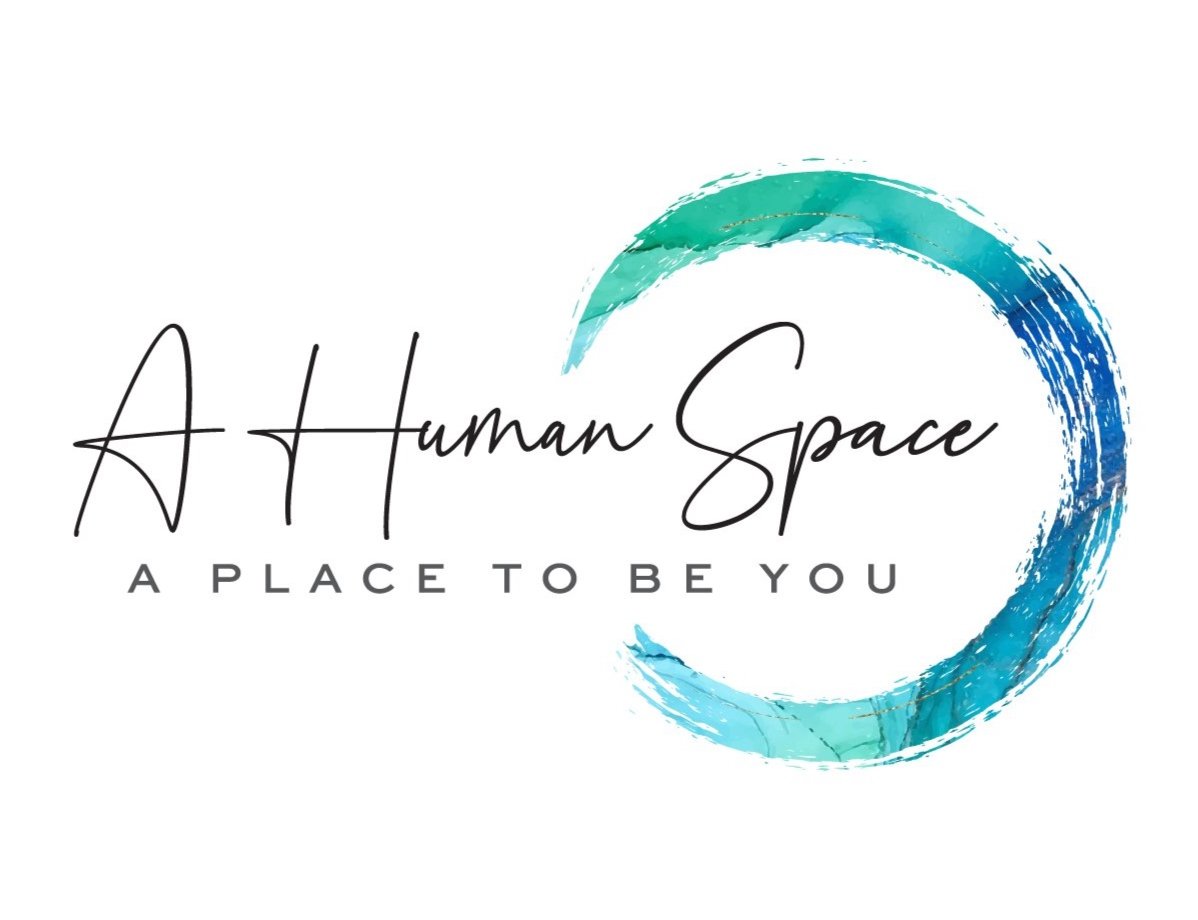The benefits of meditation
Hi!,
Dan Thompson here of A Human Space…..
I have taken the opportunity to discuss with you today the topic of meditation, and specifically the many benefits of meditation……
At it`s heart, meditation is really about dedicating time to yourself, it is about about creating a space and an environment within yourself where you can calm and relax.
By creating this calm we are able to listen more closely to what's going on inside ourselves and discover what our subconscious mind, or, our `inner-being` is trying to communicate to us.
It can be an effective way to centre ourselves when we feel overwhelmed emotionally, or when our mind becomes `busy` with unwanted or unhelpful thoughts.
Meditation can also be a way of `tuning in` to our physical being too, allowing us insight into what our body & central nervous system is trying to tell us.
As you can see from just those above points, meditation can be a powerful tool for `tapping in` and truly understanding our entire (hollistic) being.
Through many, many years of scientific research & clinical trials, it has been proven that meditation can help with the following;
Reduce anxiety
Help with the treatment of depression
Help with the treatment of other psychological conditions (such as obsessive compulsive disorder, panic or excessive worry disorders etc.)
Help with pain management (physical)
Boost immune system
Help with the treatment of sleep disorders (to aid & enable healthy sleep)
Improve concentration / awareness
When combined with formal mindfulness based practices (formal means one of the `activities` such as a sitting meditation), a meditation practitioner can learn the fundamental skills of `being in the moment`……
This practiced skill can teach a practitioner to observe their thoughts and clearly identify what thoughts relate to past events (which cannot be changed), and thoughts relating to future events (which are `imagined` currently and have not yet happened)…
By learning how to do this, a practitioner can learn to focus on what is happening right now in the moment………With practice & in time this can lead to increased clarity of thought and self awareness, which can bring greater levels of calm and relaxation (normally by way of identifying, understanding and reducing `head chatter`).
It is here where this increased self-awareness and clarity can practically translate across to the practitioner`s everyday life…..
This self-awareness and calm obtained through meditation (be it guided or solitary) can be carried beyond the meditation and into the practitioners everyday existence, allowing the practitioner to be `informally` mindful when undertaking everyday tasks. This mindful way of being brings additional benefits such as;
Improved emotional resilience
Improved confidence & sense of wellbeing
Improved concentration, clarity and focus
Improved communication & social skills (i.e: calmer listening & clearer thinking when in conversations can lead to healthier `responding` and help to avoid `reacting`).
Improved problem solving skills
Enhanced creativity……
Habit releasing
It is worth noting that the key principles of mindfulness based meditation have a strong emphasis on being `non-judgemental` to yourself (i.e: not criticising), and so there is no expectation on the practitioner to achieve `perfection` in their practice….
In fact the word `practice` itself implies that this is a skillset that is practiced and not perfected….
An example of this could be that when our mind wanders during a meditation (which our mind can be prone to do!), it is not perceived as a failure in any way (i.e: “I failed to concentrate”….). It is actively encouraged to accept that the mind has wandered. When this happens, the practice of `open acceptance` is used to gently guide the mind back to your breathing.
……Even the most experienced of practitioner`s minds wander - it is what our minds do!
On a final note - It is common that these learned & developed skills gained from Mindfulness practice go on to have even further positive effects to a practitioners life…..
The greater self-awareness, increased emotional intelligence and strengthened confidence & decision making skills can manifest into significant life changing decisions made by the practitioner. (examples may include: positive change of career / change to healthier lifestyle habits).
This often comes about by way of the practitioner reflecting on matters that are affecting them within meditation (or informally during their day). And these reflections can then lead to `actions` that the practitioner has decided to pursue in order to bring about a positive change.
As you can see, this has the potential to lead to a person feeling empowered and making significant & positive decisions for their own wellbeing…..
I hope that the above gives some greater understanding of how I feel mindfulness meditation can start with something small but end up becoming very significant to an individual`s overall wellbeing…..
If you wish to learn more about this topic, please feel free to check out my other BLOGS on this page….
Or, if you are interested in trying mindfulness meditation yourself then I would invite you to contact me for a free “meet & greet” consultation, I would love the opportunity to help you towards more control & empowerment.
Thank you & take care - Be kind to yourself and others.
Dan Thompson - Mindfulness Health & Wellbeing Coach.
Instagram : ahumanspace2021

